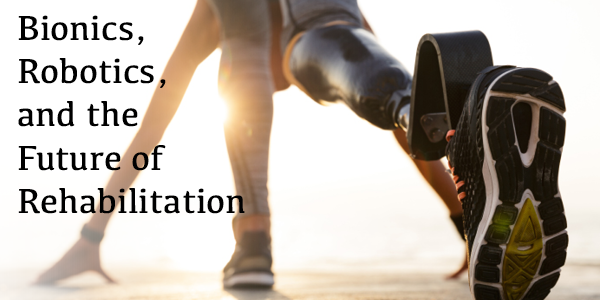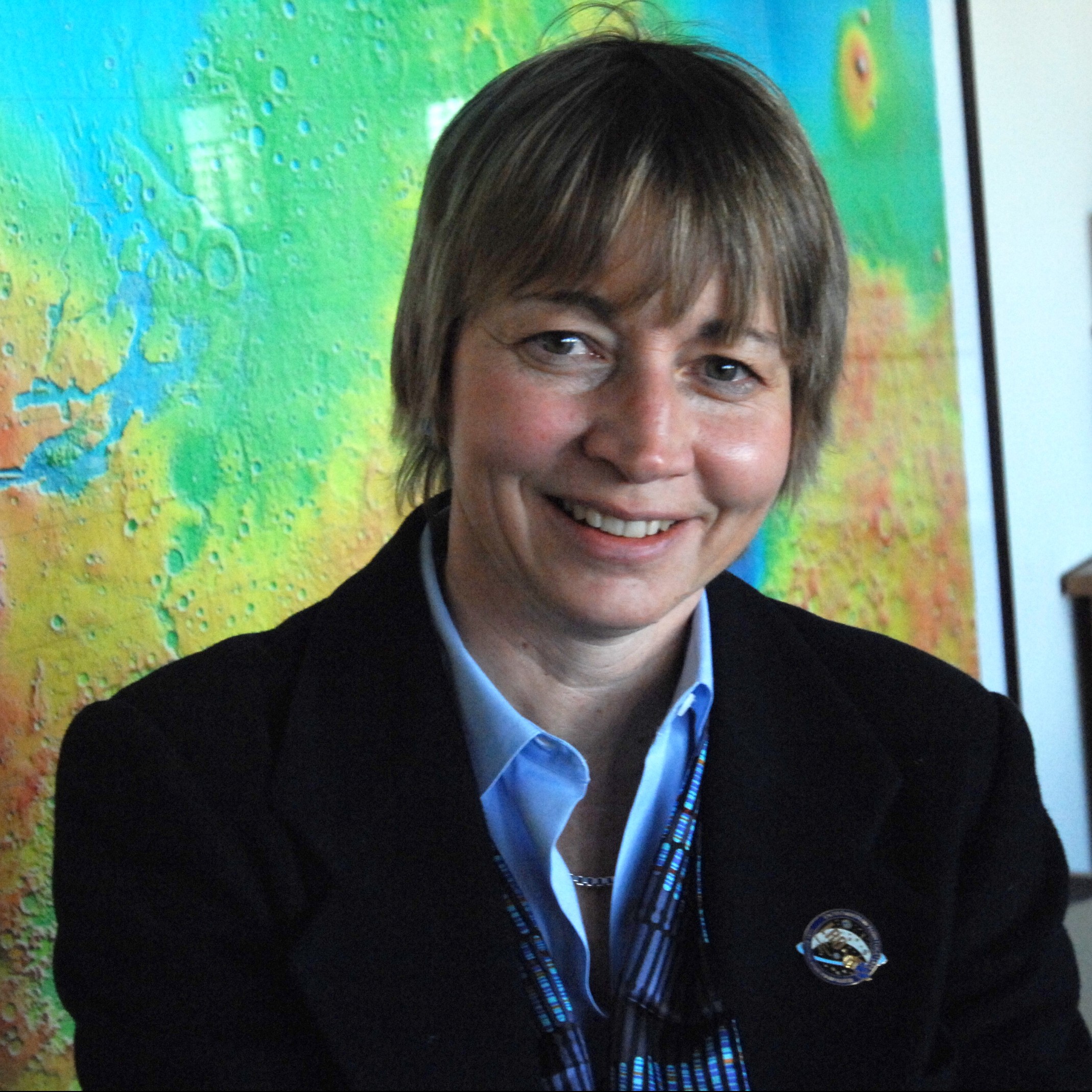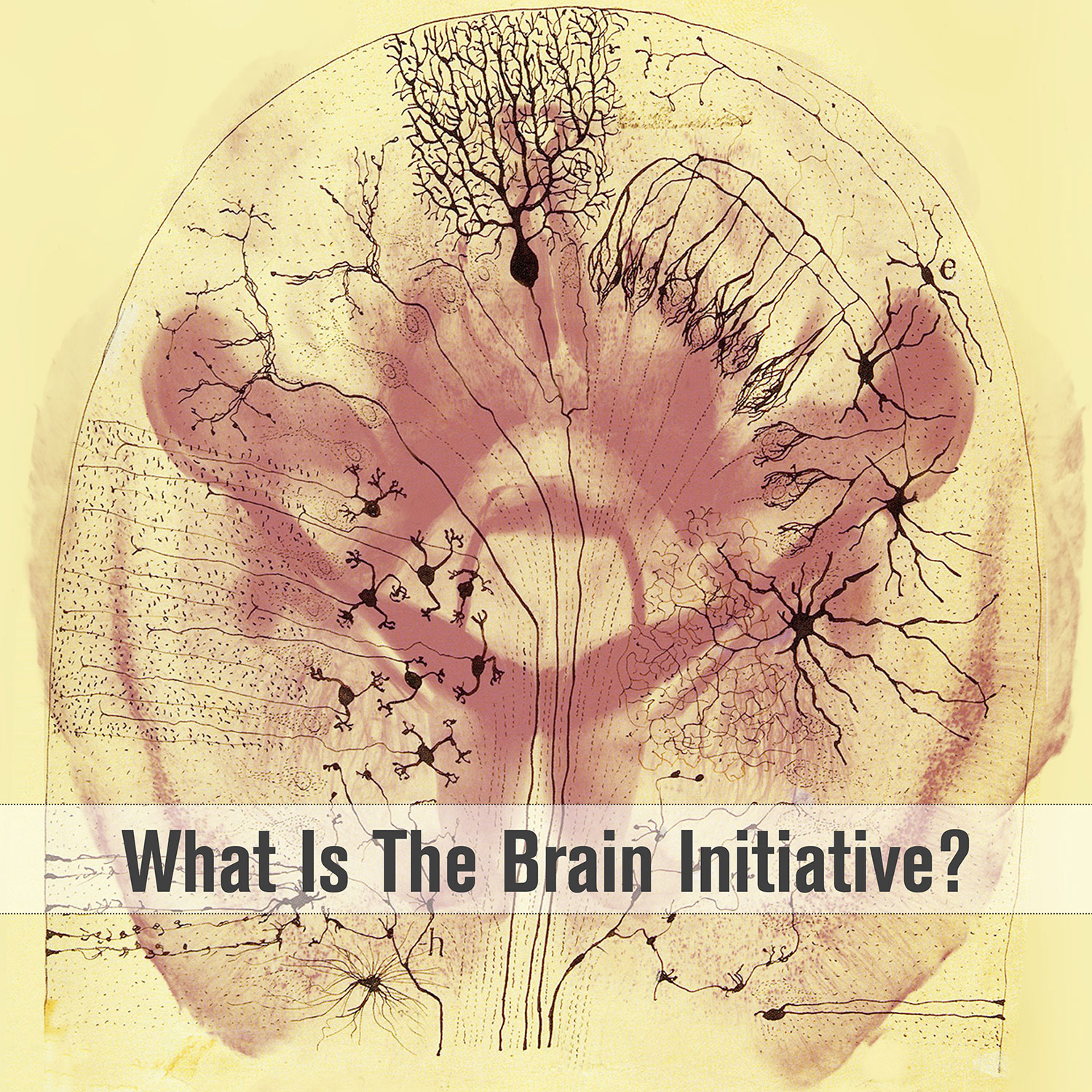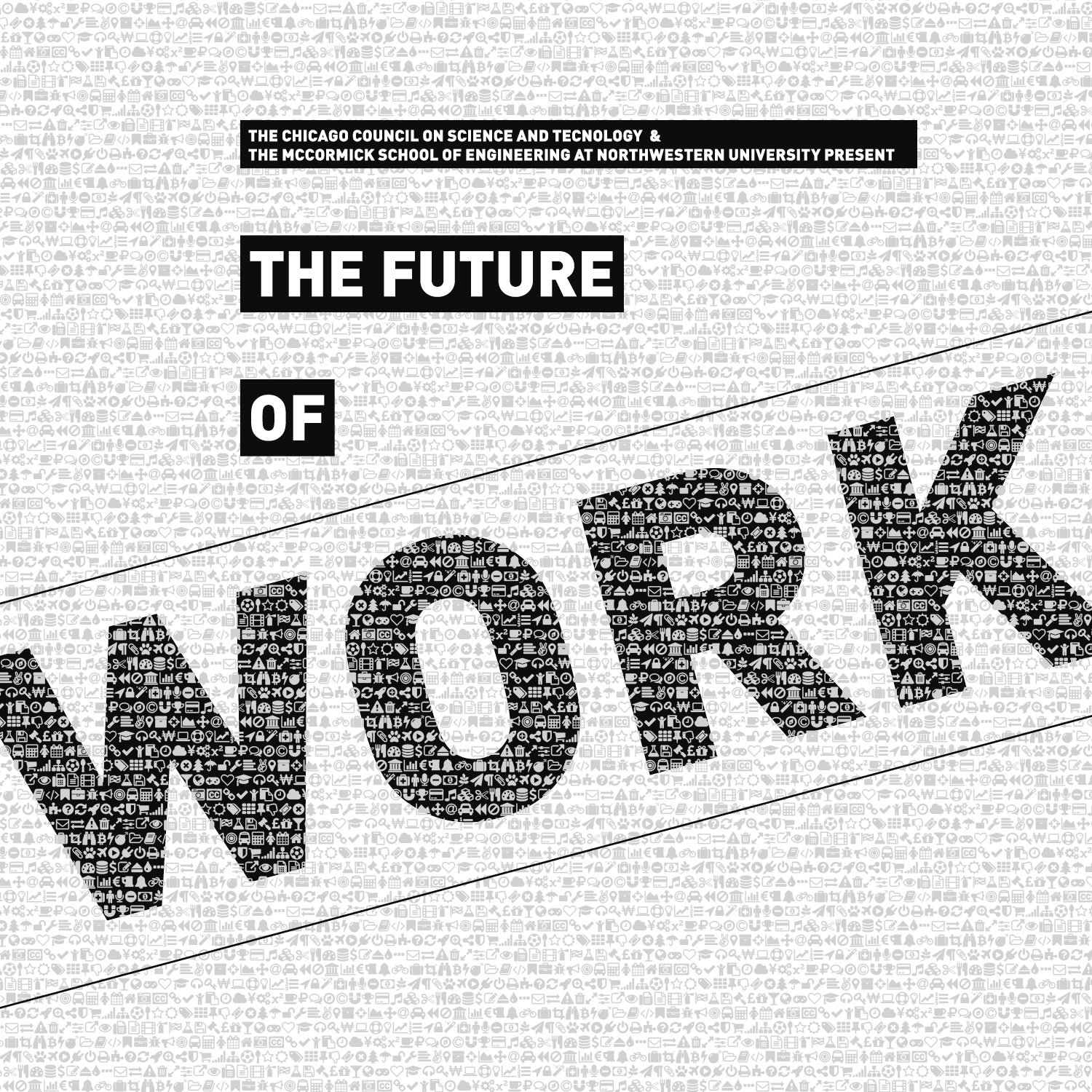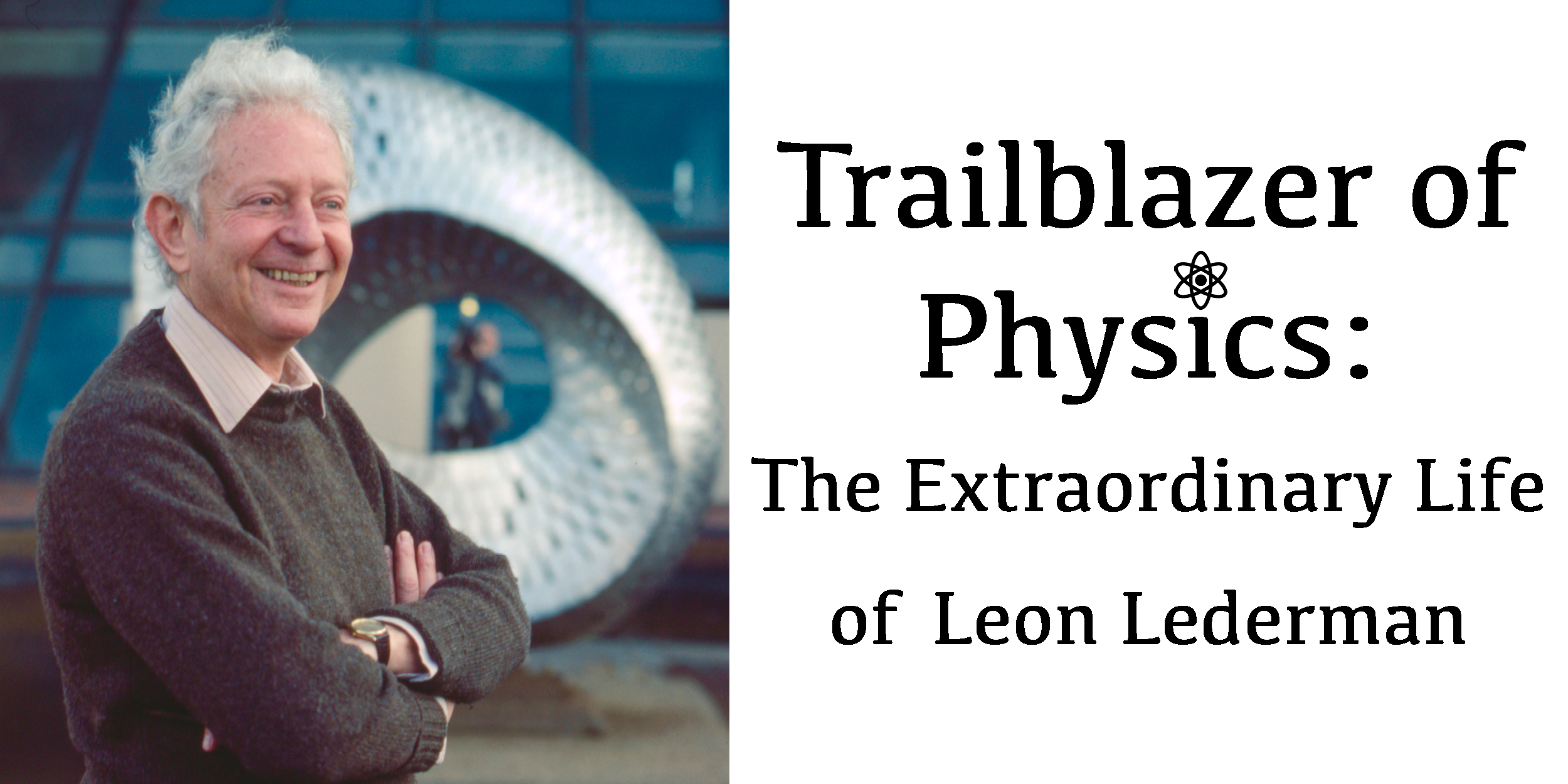
This event will highlight Dr. Lederman’s contributions to science research at Fermilab and beyond, science education, and science outreach.
Dr. Leon Lederman was a Nobel prize-winning physicist with a passion for science education. He served as the director of Fermilab from 1979 to 1989. In 1992, he moved to the Illinois Institute of Technology, where he chose to teach freshman physics. He retired in 2011. With a career that spanned more than 60 years, Lederman, who passed away last year, became one of the most important figures in the history of particle physics. He was responsible for several breakthrough discoveries, uncovering new particles that elevated our understanding of the fundamental universe. His Nobel Prize was awarded in 1988 for discovery of the muon neutrino. But perhaps his most critical achievements were his influence on the field of physics and his efforts to improve science education. In later years, Lederman continued his outreach efforts, often in memorable ways. Sometimes, he would even set up shop on the streets of New York City and Chicago, and answer science questions from passersby.
Through his research, Lederman set the stage for Fermilab’s past and future success. The international Long-Baseline Neutrino Facility/Deep Underground Neutrino Experiment, hosted by Fermilab, is an international flagship science project to unlock the mysteries of neutrinos. By studying neutrinos, particles at the heart of Dr. Lederman’s work, scientists at Fermilab and across the world will paint a clearer picture of the universe and how it works. This will be the largest science experiment ever hosted on U.S. soil.
During this celebration of Dr. Lederman’s legacy, expect a variety of physics-themed discussions and events, including a Physics Slam and an Ask-a-Physicist panel!
A Physics Slam is a fun competition that pairs a student from the Illinois Mathematics and Science Academy (co-founded by Dr. Lederman) with a Fermilab scientist. Expect a no-holds-barred, light-hearted competition. Who will the audience choose as the winner?
In the spirit of his outreach efforts, the program also will have an Ask-a-Physicist panel. A team of scientists will take questions from the audience, in the same informal style of Dr. Lederman taking questions from people in Chicago and New York City.
Continue reading “Trailblazer of Physics: The Extraordinary Life of Leon Lederman”
